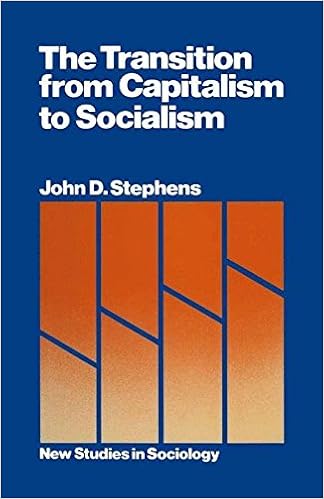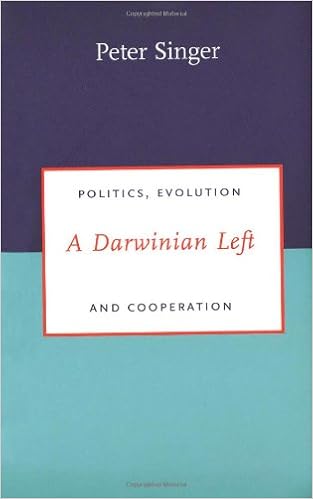
By Richard Wolin
Michel Foucault, Jean-Paul Sartre, Julia Kristeva, Phillipe Sollers, and Jean-Luc Godard. throughout the Nineteen Sixties, a who is who of French thinkers, writers, and artists, spurred by means of China's Cultural Revolution, have been seized with a fascination for Maoism. Combining a cruel exposé of left-wing political folly and cross-cultural false impression with a lively safeguard of the Nineteen Sixties, The Wind from the East tells the colourful tale of this mythical interval in France. Richard Wolin exhibits how French scholars and intellectuals, encouraged through their perceptions of the Cultural Revolution, and inspired by means of utopian hopes, incited grassroots social routine and reinvigorated French civic and cultural life.
Wolin's riveting narrative unearths that Maoism's attract between France's top and brightest truly had little to do with a true figuring out of chinese language politics. as a substitute, it sarcastically served as a car for an emancipatory transformation of French society. French pupil leftists took up the trope of "cultural revolution," employing it to their criticisms of daily life. Wolin examines how Maoism captured the imaginations of France's prime cultural figures, influencing Sartre's "perfect Maoist moment"; Foucault's perception of strength; Sollers's stylish, leftist highbrow magazine Tel Quel; in addition to Kristeva's booklet on chinese language women--which incorporated a energetic security of foot-binding.
Recounting the cultural and political odyssey of French scholars and intellectuals within the Nineteen Sixties, The Wind from the East illustrates how the Maoist phenomenon unexpectedly sparked a democratic political sea switch in France.
Read Online or Download The Wind from the East: French Intellectuals, the Cultural Revolution, and the Legacy of the 1960s PDF
Best Communism Socialism books
Modernism and British Socialism
Thomas Linehan deals a clean standpoint on overdue Victorian and Edwardian socialism through studying the socialist revival of those years from the point of view of modernism. In so doing, he explores the modernist challenge as extending past the troubles of the literary and inventive avant-garde to include political and social events.
A Darwinian Left: Politics, Evolution, and Cooperation
During this ground-breaking booklet, a well known bioethicist argues that the political left needs to extensively revise its outmoded view of human nature. He exhibits how the insights of recent evolutionary concept, rather at the evolution of cooperation, may also help the left reach its social and political objectives. Singer explains why the left initially rejected Darwinian suggestion and why those purposes are not any longer doable.
Extra resources for The Wind from the East: French Intellectuals, the Cultural Revolution, and the Legacy of the 1960s



